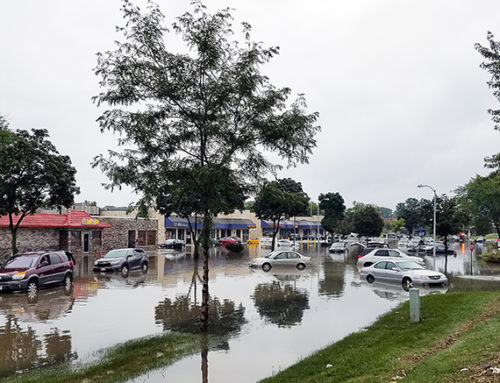In October 2013, Wayne Taylor and Arthur Park, along with an attorney from another firm, have co-authored an article published in The American Bar Association Tort Trial & Insurance Practice Law Journal. The article, Unique Coverage Issues in Flood Losses, appears in Volume 48, Issue 2 (Winter 2013) and discusses special coverage issues for first party property insurance claims, including the definition of “flood” and “surface water” for purposes of determining the application of the flood exclusion to property losses. First party claims by property owners for damages resulting from flood and other water-related losses present a number of issues that may affect or bar coverage. Although flood insurance coverage may be available through the federal government’s National Flood Insurance Program, most private insurance policies exclude coverage for flood losses. However, there are several exceptions under which an insured may obtain coverage for flood and other water damage losses: (1) a flood coverage endorsement, which adds “flood” to the policy’s covered causes of loss; (2) an exception to the policy’s water exclusion which reinstates coverage for the specified exceptions; and (3) a flood insurance policy from a private carrier, although many carriers do not write flood policies or will write flood policies only in excess of NFIP flood policy limits. In addition, each jurisdiction’s definition of “flood” and “surface water” may have a substantial impact on coverage.
In many flood cases, claims for coverage under a property insurance policy may involve multiple causes of loss, some of which are covered causes of loss and others which are excluded. Some courts follow the concurrent causation doctrine, so that flood and water losses are covered unless the flood or water was the initial cause of the loss. Other courts follow the efficient proximate cause doctrine and allow coverage for flood and water losses only if a covered cause of loss is the proximate cause of the loss. However, most insurance policies now are written containing anti-concurrent causation clauses, so that flood and water damages are excluded from coverage regardless of whether covered causes of loss also exist. Following the controversial Corban decision in Mississippi, the proper interpretation of the anti-concurrent causation clause will remain in the spotlight.
Furthermore, coverage usually is not available for flood and water damages under a policy’s business interruption coverage, civil authority provision, or dependent property and contingent business interruption coverage provisions unless the policy provides coverage for flood or water losses.





Leave A Comment
You must be logged in to post a comment.